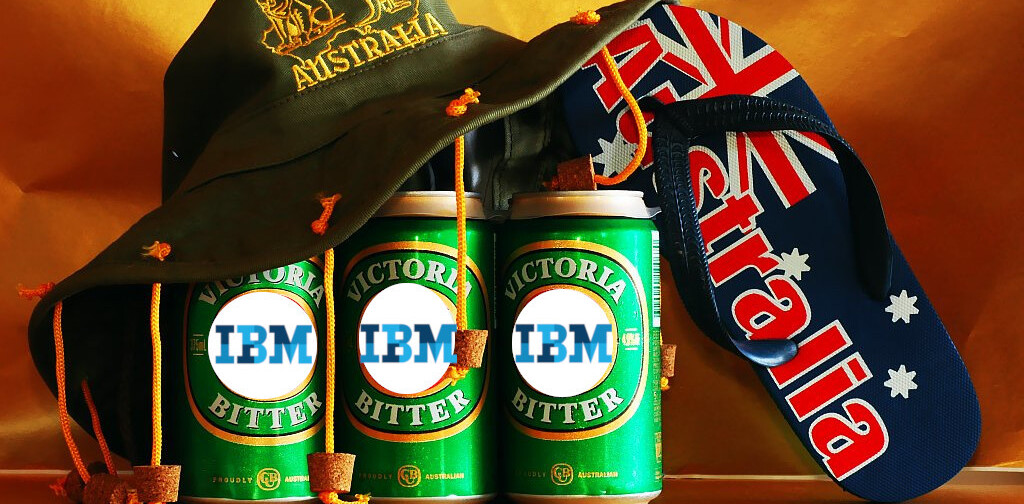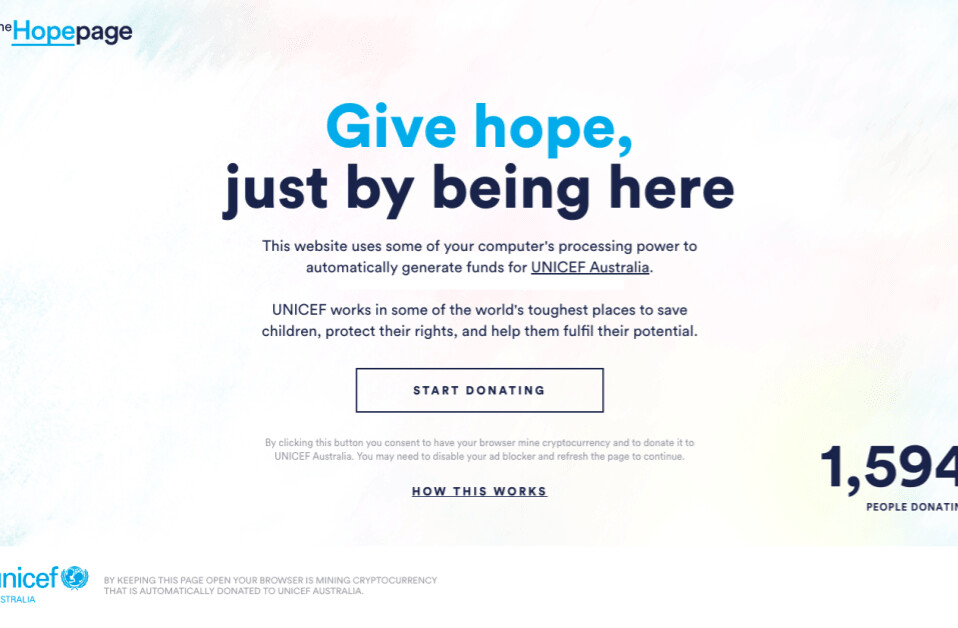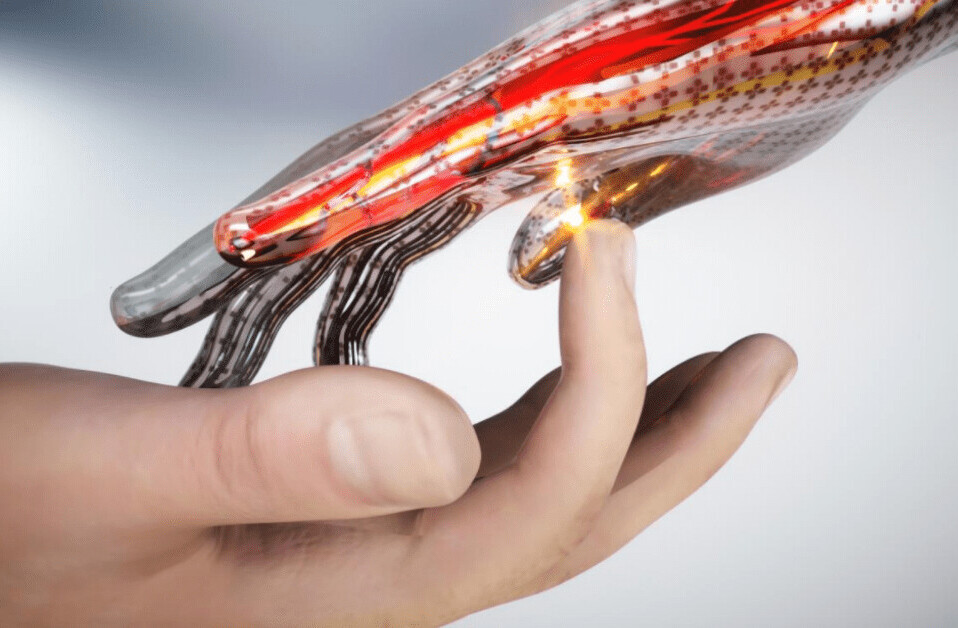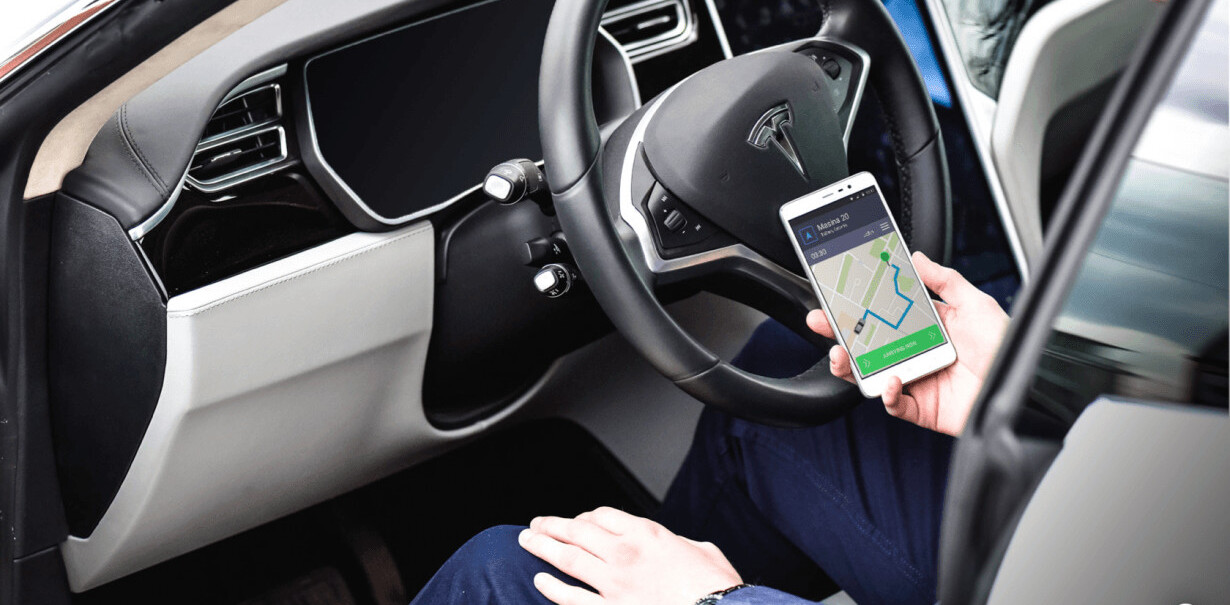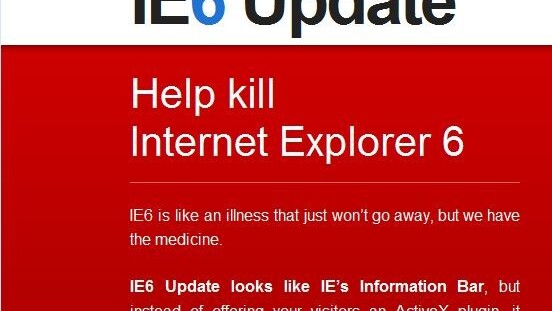
 Australian Minister for Communications, Senator Stephen Conroy, has announced the Government have completed their controversial Internet Filtering/Censorship trial, dubbed the “Cleanfeed”, and now plan to roll it out across all Internet users in Australia.
Australian Minister for Communications, Senator Stephen Conroy, has announced the Government have completed their controversial Internet Filtering/Censorship trial, dubbed the “Cleanfeed”, and now plan to roll it out across all Internet users in Australia.
The Cleanfeed first came to prominence in late 2008 when Ars Technica reported that the Government’s claims that local Internet users would be able to opt-out of the proposed ISP-level content filtering, was only partially true – i.e. there would be a level of compulsory filtering that would affect all Australians.
Since then Electronic Frontiers Australia (EFA) has led the charge against the proposed program with an excellent website which summarise the main problems succinctly:
Here’s an example of the EFA’s content:
—-
What do we know so far?
- Filtering will be mandatory in all homes and schools across the country.
- The clean feed will censor material that is “harmful and inappropriate” for children.
- The filter will require a massive expansion of the ACMA’s blacklist of prohibited content.
- The Government wants to use dynamic filters of questionable accuracy that slow the Internet down by an average of 30%.
- The filtering will target legal as well as illegal material.
- $44m has been budgeted for the implementation of this scheme so far.
- The clean-feed for children will be opt-out, but a second filter will be mandatory for all Internet users.
- A live pilot deployment is going ahead in the near future.
What we don’t know is just as important.
- What age level is the country’s Internet to be made appropriate for? 15? 10? 5 years old?
- Who decides what material is “appropriate” for Australians to see?
- How are lists of “illegal” material compiled?
- Who will maintain the blacklist of prohibited sites?
- How can sites mistakenly added to the list be removed?
—
There has also been a lot of good work done against the Cleanfeed by the Silicon Beach Google Group – a leading group of Australian tech entrepreneurs.
The Government maintains that the ISP-level filtering is the best system and has countered the common arguments by saying
“ISP filtering reduces the risk of Australians being inadvertently exposed to RC-rated material when they are online,” Senator Conroy said.
“The report into the pilot trial of ISP-level filtering demonstrates that blocking RC-rated material can be done with 100% accuracy and negligible impact on internet speed,” Senator Conroy said.”
There’s also a plan to introduce new “transparency measures” to ensure that there is little room for censorship.
In response, EFA Vice-Chair, Colin Jacobs, explained to the ABC in a recent interview
“What we’re talking about is a filter that can only intercept accidental access to prohibited material,” he said.
“Any motivated user will be able to get around it, it will be quite easy, so who is this being targeted at?
“If it’s targeted at the people who traffic in illegal material, well, then clearly it’s going to be worthless because they’ll be able to get around it any time they want to.”
The truth of the matter is that the idea of protecting children from content that is illegal or unconscionable is a noble one, which is why there has been such a struggle to get the average Australian to understand or care about stopping the filtering program.
The devil, of course, is in the detail.
Unfortunately Senator Conroy and his politics display a strong right wing focus, so the lens through which the he views this legislation and has constructed the detail is in contrast to the lens through which civil libertarians view it.
While I happen to be strongly in favour of the “No Cleanfeed” movement I think that they have been let down by the lack of any genuine alternative. I mean the basic question should be “if not the clean-feed, then what?”
To date no real answer to this question has been provided.
No doubt different groups have different opinions, but I’m yet to see anything which deals with the core focus of the legislation while achieving it in another way. Until this happens, attempts to shut down the program as it currently stands will be limited in their potency.
So what can we do?
One suggestion is to work together on possible alternatives.
Here’s a link to an Issue on OneEyeDeer which is focused on the cleanfeed, to get the ball rolling.
Don’t think you have to be Australian to participate, BTW. Australia, as a developed Western Nation, could well be the proof point other Governments need to implement their own Internet censorship programs.
It will be interesting to see if any alternative solutions can be generated or if there simply is no better way.
Get the TNW newsletter
Get the most important tech news in your inbox each week.
